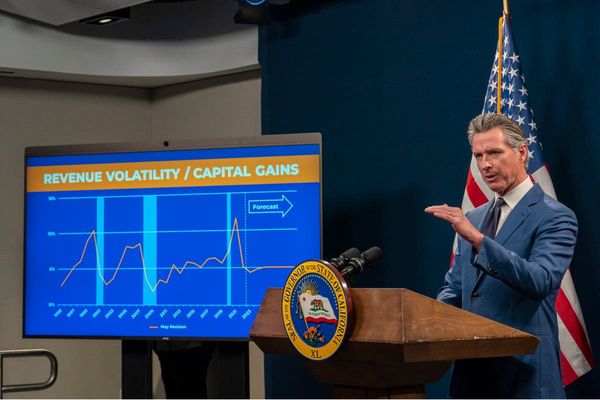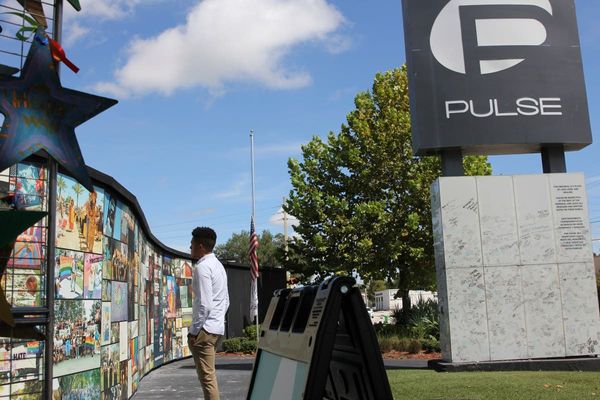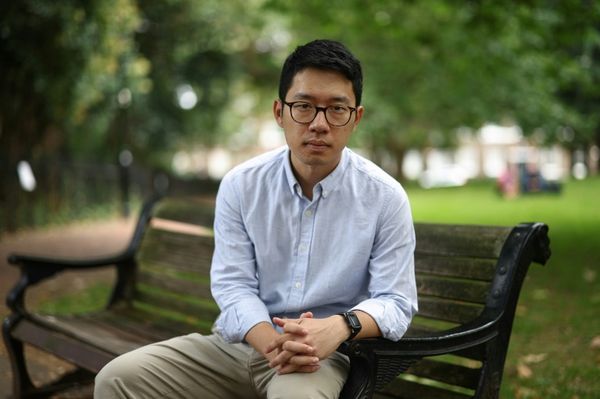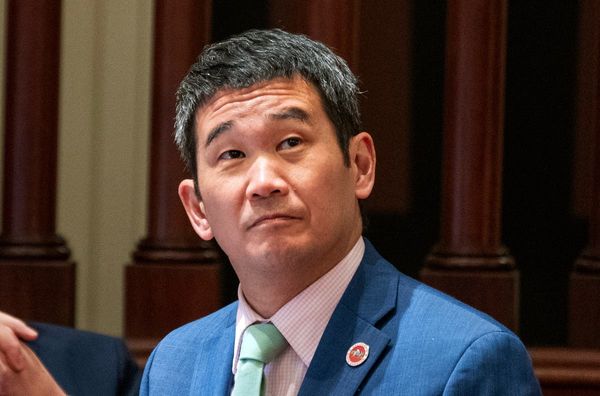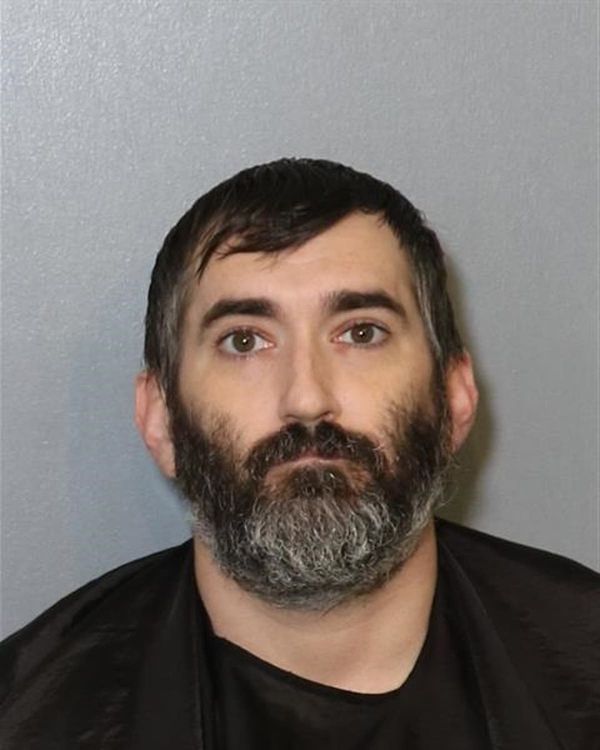WASHINGTON — The Biden administration is considering whether to limit the number of Haitians, Cubans and Nicaraguans who can claim asylum at the U.S.-Mexico border while opening other avenues for immigration, but have yet to make any final decisions, several sources told McClatchy and the Miami Herald.
The internal deliberations have been ongoing under the specter of the end of Title 42, a pandemic-era rule that allowed the U.S. government to turn away migrants at the border over health concerns. Officials fear the court-ordered end of that policy later this month could lead to a historic surge in migrant arrivals.
The discussions are centered around possible new parole programs for Haitians, Nicaraguans and Cubans that would look similar to one put in place earlier this year for Venezuelans. In October, the Department of Homeland Security announced a new initiative for Venezuelans to apply for residency in the United States while entering an agreement with Mexico that allowed U.S. border authorities to return Venezuelan migrants entering without authorization, citing a massive uptick in migrants from the South American country. NBC News first reported the possible parole programs for those three countries.
DHS officials have hailed the Venezuelan program as a success, citing a near 80% drop in new encounters at the border, and have acknowledged they are considering similar programs for other nationals.
But that agreement took weeks to negotiate, and a similar understanding with Mexico would have to be reached about other nationalities. It would also require additional staffing in the affected countries to process additional immigration applications. The Venezuelan opposition, immigration advocates and the chairman of the Senate’s Foreign Relations Committee, New Jersey Democrat Bob Menendez, have all blasted the program.
The plan allows 24,000 “qualifying” Venezuelans to migrate to the United States annually. The migrants must have a financial sponsor in the U.S., complete biometric and public safety screening and have COVID vaccinations, among other requirements. Venezuelans who don’t have authorization to enter would be sent back to Mexico.
“Venezuelans approved via this process will be authorized on a case-by-case basis to travel to the United States by air directly to an interior port of entry, thus relieving pressure at the border. Once in the United States, they will be eligible to apply for work authorization,” reads the announcement.
The discussions coincide with the impending end of Title 42, which both the Trump and Biden administrations have used to turn away scores of asylum seekers coming to the U.S.-Mexico border. The policy will no longer be in place after Dec. 20, and authorities will revert to using standard federal immigration law.
In a statement on Wednesday evening, Homeland Secretary Alejandro Mayorkas described the policy’s end as “DHS-led whole of government planning.”
“Economic and political instability around the world is fueling the highest levels of migration since World War II, including throughout the Western Hemisphere. The surge in global migration is testing many nations’ systems, including our own,” he said.
When asked about recent media reports and whether the agency planned to create a new parole program for Haitians, Nicaraguans, and Cubans, DHS referred the Miami Herald to a Dec. 2 tweet from White House Press Secretary Karine Jean-Pierre.
“The administration is committed to continuing to secure our borders while maintaining safe, orderly, and human processing of migrants,” reads the tweet. “This will remain the case when Title 42 is lifted. Reports that indicate U.S. policy will change are inaccurate; no such decisions have been made.”
Jean-Pierre said she had nothing to add since then. “I don’t have anything new to preview or to discuss at this time about any policy changes or any policy announcement,” she told reporters at a press briefing.
There have been significant increases in Nicaraguan, Haitian, and Cuban border crossings over the past year
U.S. Customs and Border Protection registered nearly 221,000 encounters with Cuban nationals at U.S.-Mexico in fiscal year 2022, which ended in September, the biggest migration wave since the early years of Fidel Castro’s revolution, as economic and political conditions on the island have deteriorated dramatically. That figure was under 40,000 in fiscal year 2021.
During that same period, more than 100,000 Nicaraguans tried to cross the border than the previous year, fleeing difficult economic conditions and increased repression under Daniel Ortega’s regime. Nearly 50,000 more Haitians had done the same in 2022 when compared to 2020, as the Caribbean country faces socioeconomic and political turmoil following the murder of president Jovenel Moïse, a rise in organized crime and kidnappings, gang-led blockades of fuel and essential supplies, and the aftermath of a major earthquake in the island’s southern region.
Several high ranking Biden administration officials recently traveled to Havana to discuss ways to curb the mass exodus of Cubans. The U.S. embassy in Havana said it will resume processing all immigrant visas early next year, after years of limited services, and the administration already restarted a parole program to expedite family reunification petitions. But any expansion of parole to Cubans would need a significant increase in embassy staff, which the Cuban government would need to agree to, or new procedures for processing in third countries.
Angel Leal, a Miami-based immigration lawyer, said he was “not surprised that they were considering” limiting the number of migrants from those three countries.
He said that the unprecedented migration in the western hemisphere is a humanitarian crisis that must be dealt with in a regional way that addresses the reasons for the migration itself. And the proposed solutions could whittle away at protections that migrants and asylum seekers seeking entry into the United States are required to have by law, he added.
“I think that what they are trying to do are temporary measures that don’t get to the heart of the problem,” he said.
